Scandal-plagued Miss Universe competition to crown winner. A new Miss Universe will be named in Friday’s finale in Bangkok, and for organizers, the culmination of the competition could come as a relief.
The 74th edition of this year’s pageant has been mired by scandal, including allegations of rigging and a mass walkout by contestants over a Thai pageant director’s berating of a beauty queen.
Miss Universe is widely known as the “Super Bowl” of beauty pageants and draws millions of viewers each year. Delegates for each country are selected via local pageants that license local rights from the Miss Universe Organization.
Thailand, this year’s host country, has a vibrant and lucrative pageant industry with one of the largest fanbases in Asia, alongside the Philippines.
This year’s event featured representatives from over 120 countries. Nadeen Ayoub became the first woman to represent Palestinian people at the pageant.
“I represent every Palestinian woman and child whose strength the world needs to see,” she wrote on Instagram.
The competition took place over three weeks, with delegates traveling around the country to rehearse and participate in events.
On Wednesday, the beauty queens competed in its national costume showcase, which saw contestants donning flamboyant outfits designed to highlight their homelands. Miss USA, Audrey Eckert, paid homage to her home with an elaborate bald eagle costume designed by Simon Villalba.
The contestant from Jamaica, Gabrielle Henry, took a scary tumble during the evening gown round during Wednesday’s preliminaries and was carried away in a stretcher, according to social media videos which circulated of her fall. Miss Universe President Raul Rocha said in an update to Instagram that Henry was “under good care” in hospital and that she had not broken any bones.
Pageant controversies
This year’s Miss Universe competition was beset by scandal, which sparked conversations over the merits of the international beauty pageant which claims to promote female empowerment.
At a live-streamed pre-pageant meeting earlier this month, Miss Universe Thailand director Nawat Itsaragrisil publicly scolded Miss Mexico Fatima Bosch for not posting enough promotional content, appearing to call her a “dumbhead,” though Nawat denied this, insisting that he had actually accused her of causing “damage.”
After Bosch pushed back against the insults, Nawat called security to escort her out of the room. Other contestants then stood up and walked out in solidarity.
The incident sparked widespread allegations of misogyny and drew global backlash, including from Mexico’s president Claudia Sheinbaum, who described it as an “aggression” that Bosch handled with “dignity.”
The Miss Universe Organization condemned Nawat’s behavior and limited his role in the pageant. Nawat apologized in a livestreamed welcome ceremony and declined to comment further on the incident to CNN.
Then, in an Instagram live video discussing the incident, Miss Universe 1996, Alicia Machado, sparked backlash for racist comments.
Machado referred to Nawat as “that despicable Chinese,” and when a commentor pointed out he is Thai, Machado said “Chinese, Thai, Korean. To me all these people with slanted eyes like this are all Chinese,” while pulling up the corners of her eyes.
Machado’s representative did not respond to a request for comment from CNN.
Judge steps down, says pageant is rigged
Two judges abruptly stepped down from the competition days before the winner was crowned, with one accusing the pageant of being rigged.
Composer Omar Harfouch said on Instagram he had resigned from the eight-member judging panel, and claimed there was a secret, “impromptu” panel of judges who had pre-selected the top 30 contestants in advance of the final.
“I could not stand before the public and television cameras, pretending to legitimize a vote I never took part in,” Harfouch said in a statement.
The Miss Universe Organization said Harfouch’s claims “mischaracterize” the judging process.
“The Miss Universe Organization firmly clarifies that no impromptu jury has been created, that no external group has been authorized to evaluate delegates or select finalists, and that all competition evaluations continue to follow the established, transparent, and supervised MUO protocols,” the organization said in a statement.
The Miss Universe Organization did not respond to a request for comment from CNN.
A second judge, former French soccer star Claude Makélélé, stepped down the same day, citing “unforeseen personal reasons.”
“I hold Miss Universe in the highest regard,” he said on Instagram.
The Miss Universe Organization saw a leadership shakeup after Thai media tycoon Anne Jakkaphong Jakrajutatip stepped down in June. Mario Búcaro was appointed the new CEO at the end of October, just days before delegates arrived. Jakkaphong, who is also a transgender rights advocate, bought the organization for US$20 million in 2022, but her company filed for bankruptcy in 2023.
By Lex Harvey, CNN

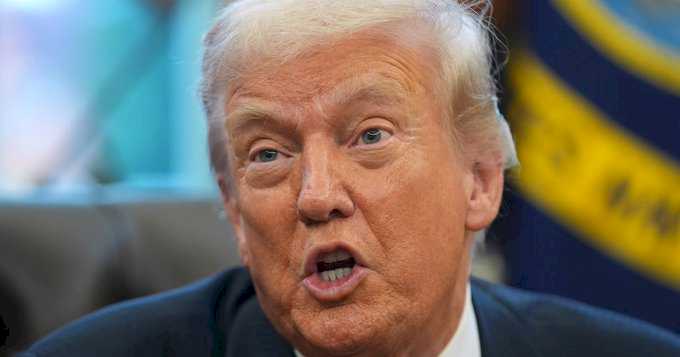

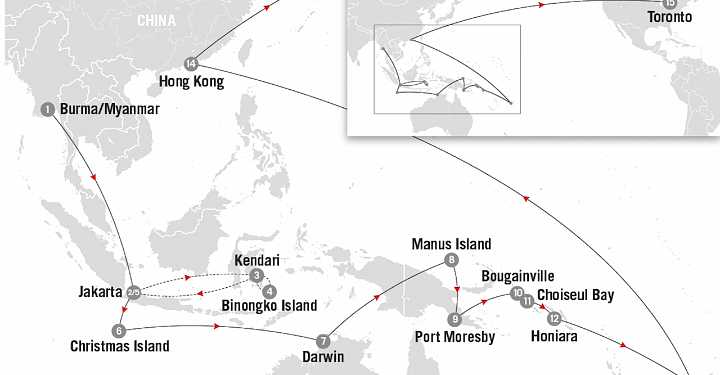



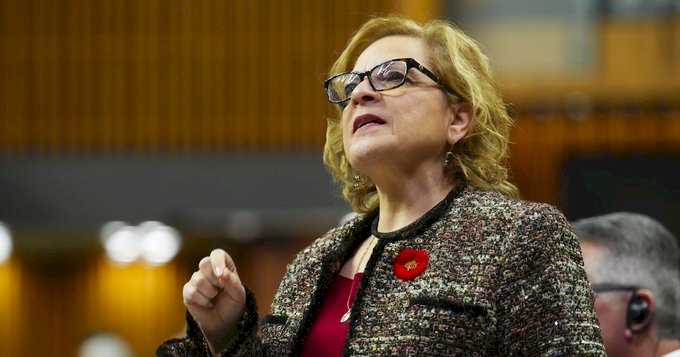
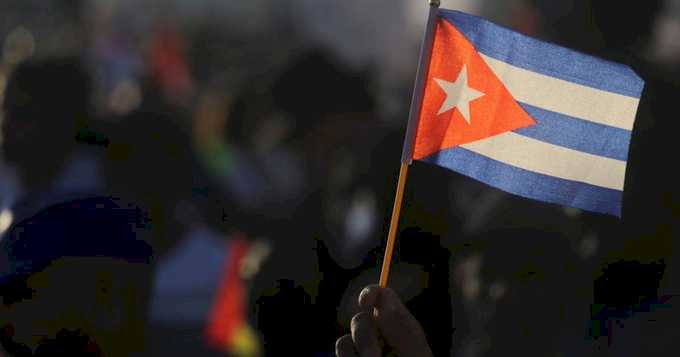

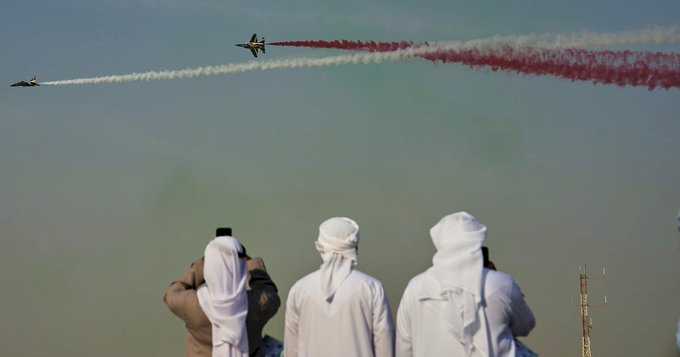

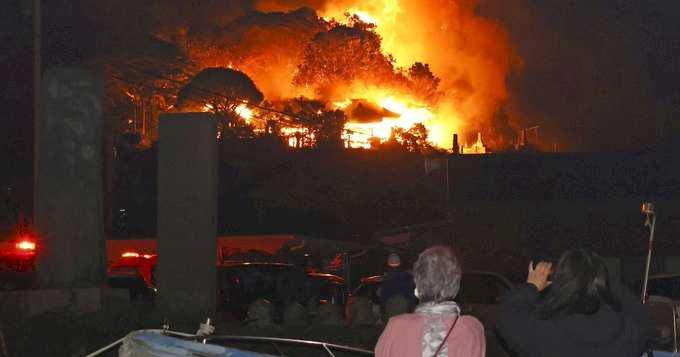
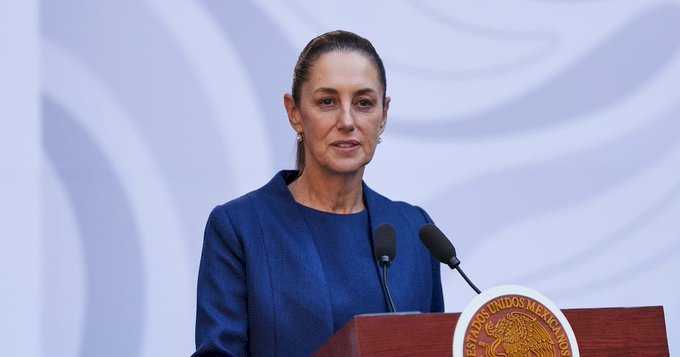
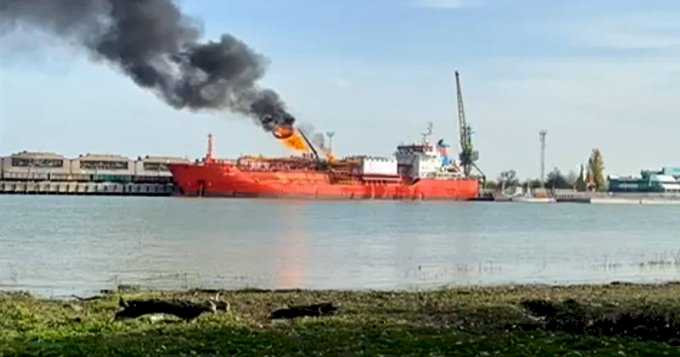



Global News on Umojja.com